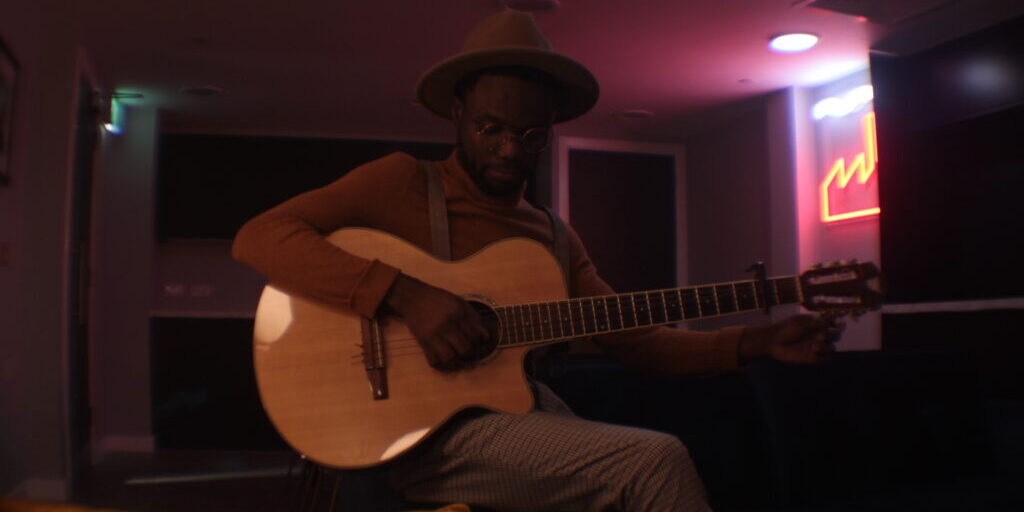
A few days ago I came across a Jack Reacher novel – Bad Luck and Trouble – courtesy of my mother-in-law. Having read quite a few Reacher novels over the years and loved every one of them, I always jump at the chance to read the next one I find. Except, when I first came across this one, I almost passed on it because it is the basis for Season 2 of Amazon Prime’s Reacher TV show, which I watched a few months ago. My reasoning went something like this:
- I’ve already watched a TV adaptation of the book, which I very much enjoyed.
- It wasn’t that long ago since I watched it, so I sort of remember what happens in the story.
- I already know what happens so there won’t be any suspense.
- If there’s no suspense, I won’t be engaged, and therefore I won’t enjoy reading the book.
But despite talking myself out of reading the book, I skimmed through the first few pages anyway. The next thing I knew, I found myself engrossed and now I’m committed to finishing it. Obviously, my prediction that I wouldn’t enjoy the story was wrong, and I’ve been trying to figure out why for the past few days. I can’t know for sure, but I have a few theories I’d like to share.
There’s more to reading a novel than knowing or figuring out how the story ends. Sure, there’s a certain enjoyment that comes from the tension of not knowing, something that drives the story forward and keeps you flipping the page in anticipation of what happens next. But this isn’t all there is to engaging with a work of fiction. For one thing, there’s the journey the story takes you on. This brings to mind the age-old cliche about the journey being greater than the destination, but cliches are cliches for a reason. Today we think of them as hackneyed, trite and unoriginal, but what all of the above have in common is overuse, and if something has been overused, perhaps it’s because it works. In other words, even though expressions about elevating the journey over the destination may make you cringe, you have to admit that there’s truth in such statements. Despite knowing how the story ends, I’ve found myself being taken on a rollercoaster of a journey by the author, so much so that I’ve given little to no thought to how the journey – or the story, in this case – ends.
And this brings me to the next point. Print and television are vastly different mediums. One uses words to activate your imagination and conjure images in your mind's eye, while the other feeds you the imagery and shows you how it all unfolds. In other words, when you read a story, the setting, characters, and even the dialogue are actively filtered through the life experiences you bring to it, and the visuals can be as rich as your imagination allows. In other words, the story interpretation becomes personal and unique to you. This is why we can all read the same book about a character and conjure vastly different images of what they look like. Conversely, when you watch the story unfold on a screen, the visuals are fed to you – as they are fed to everyone else – and you digest and interpret them passively. This dichotomy between the active and personal nature of reading, and the passive and generic nature of screen-viewing, demonstrates a chasm in how we may experience the same story depending on the medium we choose to engage with. In the course of reading the novel I’ve developed a newfound appreciation for the characters, the plot points and the story as a whole. I’m not even at the end yet, but my experience of the story so far is already richer, fuller and more rounded.
And to think this is what I could have potentially missed out on. I’ve previously written about how I used to think reading fiction was a waste of time, and how, for many years, I almost exclusively read non-fiction (such as memoirs, biographies, and big-idea books). The turning point was when I realised that stories not only offer us a way to make sense of the world, but also enable us to better empathise with others and imagine what the world might be like from their perspectives. If I may use another hackneyed expression, stories allow us to walk a mile in others’ shoes, to see what they see and feel what they feel, and there’s hardly a more effective medium for this than reading fiction. I see now that to dismiss the prospects of reading a novel because I’ve seen the TV adaptation of the same story is akin to deciding not to listen to a new song by one of my favourite artists because the lyrics are based on a poem I’ve already read. Using this analogy, I’d be missing out on all the melodies, harmonies, instrumentation and musical feeling that the artist has brought to their interpretation of the words in the poem.
I’m glad I decided to give the Reacher novel a go despite having watched the TV series, and I can now add this to a long list of things I’ve been rethinking in the last few years. The next time I’m confronted with an opportunity to read a book whose TV adaptation I’ve already seen, I’d be sure to think twice, refrain from dismissing it as a waste of time, and embrace it as a potential new way to engage with the story on a deeper, richer, fuller level.
P.S.: My debut non-fiction book, Art Is The Way, and my middle-grade novella, A Hollade Christmas, are out everywhere now. You can get them in all good bookstores and from all major online vendors.